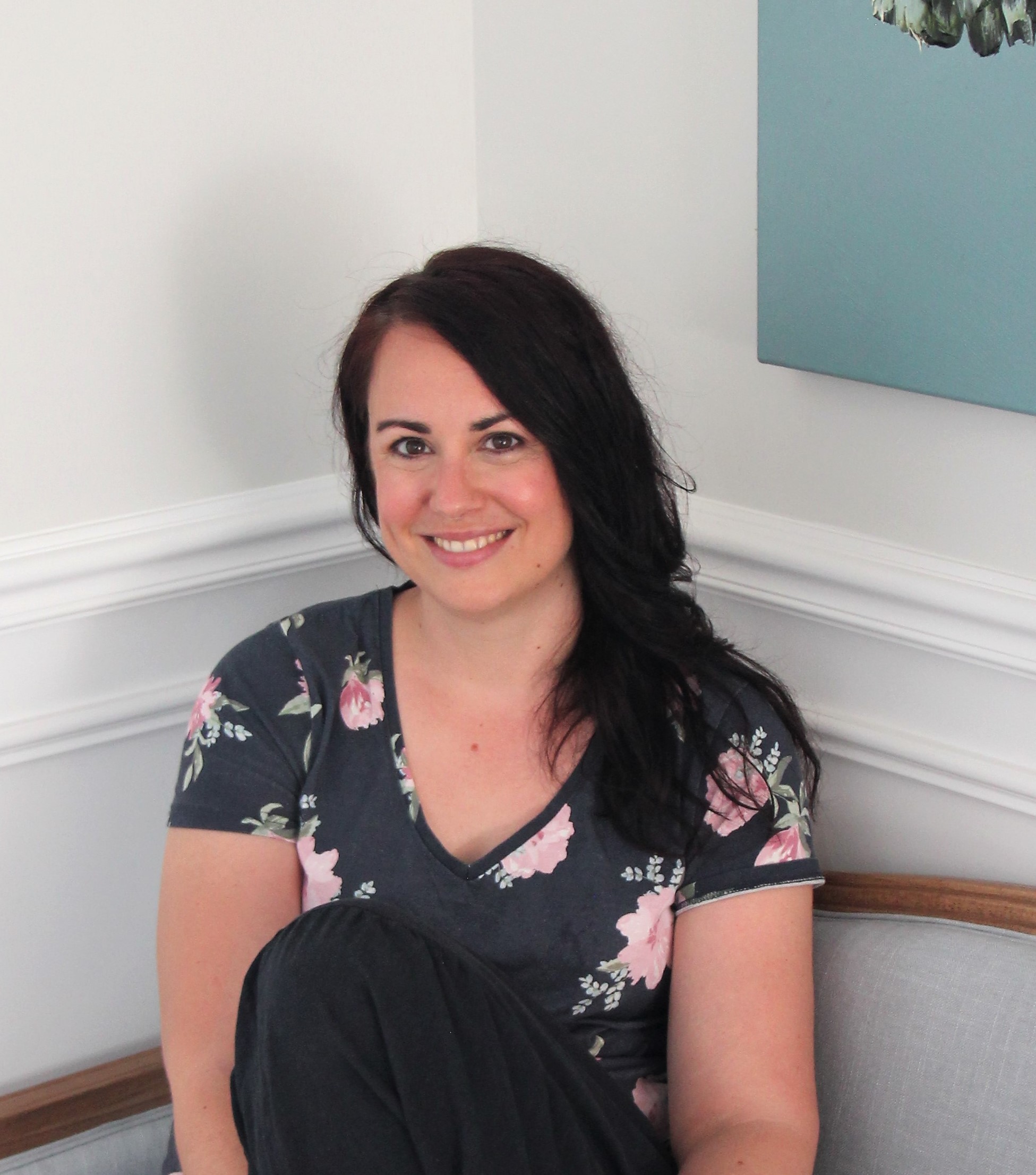Birth is an emotionally charged, highly vulnerable event in a woman’s life. For us to be vulnerable, we need to feel safe. In fact, for true physiological birth to unfold we need to feel safe, private and unobserved so that our birth hormones can truly flow – the leader of these hormones being oxytocin. Oxytocin is the driver of labour – it’s known as the love hormone, and is the hormone for bonding and connection. When we think about safety in birth, we are really thinking about protecting our flow of oxytocin. There are four elements of safety required for physiological birth to unfold:
- Feeling safe in your physical environment
- Feeling safe and supported by your care providers
- Feeling safe and supported by your support team
- Feeling internally safe within yourself
Feeling safe in your physical environment
The first element of safety is our physical environment. Objectively, safety to many could look like a hospital birth suite with all the monitors and drugs on-hand for any issues that may arise – right? But feeling safe is arguably more important, and feeling safe is very subjective, and feeling safe in our physical environment means we need to feel comfortable for our birth hormones to flow.
This is different for everyone, and might be at home, at a birthing centre or a hospital. This might be in the water, on a fit ball, or on a bed or in the bathroom – or all of these throughout the duration of labour.
This might be in dim lighting, in bright daylight or in complete darkness.
This might be in total silence, with a carefully curated playlist or a hypnobirthing soundtrack.
The location itself is not as important as the feeling of safety and security that it brings.
A hospital room for some can invoke feelings of safety, particularly if there is an element of fear surrounding the birth process itself or if there is some risk present. For others it can feel like we are constantly being scrutinised. Most standard hospital birthing rooms are set up to be a room for surveillance, with monitors, bright lights and medical equipment. Feeling observed, scrutinised and even judged can slow down the flow of oxytocin, which can slow down or stop labour altogether.
To minimise the impact of giving birth in a hospital, you can ask to adjust your environment – it is YOUR birth after all. Dim the lights, bring in your speakers, push the bed against the wall to create space – we want to be upright and moving in early labour and having the bed as the central focus brings attention away from this. Then when labour progresses it is more common to want to be lower on the ground – kneeling over a fit ball or squatting or leaning with cushions around – make this space yours to be whatever you need to feel comfortable, so that your oxytocin can really flow.
Feeling safe and supported by your care providers
Another element of safety that we need to consider is who we have with us, and how safe do we feel with them? And not just physically safe, but emotionally safe. This might be with a private midwife, a doula, an obstetrician or even no-one at all. Birth is extremely vulnerable and we need to be around people that we trust with our vulnerability. We need people who we know, who know us – and not just our birth wishes and preferences but our story and our history.
Birth can bring things up for us, and having people around who know our history and who we trust to hold that space for us is so important. It means that we don’t have to explain our history, or hear it repeated at every handover. Hearing it repeated by people that you have never met before when you are in the throes of labour can be really unsettling and it can resurface any lingering or suppressed feelings (particularly if there is a history of a previous loss or traumatic birth), which is not what you want in birth as it can then pull you out of the ‘labour zone’, which can then slow progress.
This is why the gold standard of care is a continuity of care midwife, who knows you and who knows your story, your preferences, and desires beforehand so that by the time labour comes all that groundwork has already been laid and you can just get on with it as mutual trust and rapport has been established. In a system of fragmented care this trust and rapport can be difficult to establish. This is often the case even with private obstetricians in that they are not present for the duration of your labour – they will check in and out, but the majority of your care will be from a midwife or two who quite often you have never met before.
In cases such as these, a doula or even a student midwife is a great option so that you have someone with you who you know and trust, who will be that constant throughout your labour who you have discussed all your preferences and plans with beforehand.
Feeling safe and supported by your support team
Who you have with you to support you can make all the difference in your birth. Some women will only want their partners, which is completely fine. Some will want their mums, mother-in-law, sisters or friends. This can all be great, as long as it’s who YOU want, who YOU feel comfortable with, who you don’t mind seeing you at your most vulnerable (and very likely naked as well).
Having your partner with you is a great support, but consider in the event of a long labour it might be nice to have two people who can swap in and out so that they can take care of their needs whilst yours are continuously being met. A doula is often employed to support the partner as much as the women – to guide them, to reassure them, and to take their place by your side when they need to eat, take a quick breather or toilet break.
It is extremely important to consider that whoever you have to support you isn’t bringing their own baggage into your birth space. Do they have any of their own fears or traumas around birth, or beliefs as to how birth should go? When women are in labour, their senses are heightened, and they will pick up on other people’s fears or judgements, which can impact the flow of labour.
Feeling safe within yourself
Feeling safe within yourself – what does this mean? There is a lot of emotional preparation that is required for birth that is just not talked about enough.
Do you feel safe trusting your body, or do you feel like it has let you down before? Do you feel safe working with discomfort? Do you feel safe going within and surrendering to the process, or does that feel scary for you?
We have been raised from birth to ignore the signals that our body sends us – told to just take a pain killer and push through our period pain, told when we are allowed toilet breaks, when we are allowed to eat etc. Then suddenly when it comes to birth we are told to simply listen to our intuition and trust our bodies, and for some women they have no idea what that feels like! So starting in pregnancy, listening to what your internal yes and your internal no feels like is a really great place to start.
So many women have also been taught to fear birth. That it is the most painful thing ever, that we must check our dignity in at the door, do what we are told and grit our teeth and just get through it. This again can all be mitigated with conversations with a trusted care provider or perinatal specialist, but it is important that it must be addressed prior to birth so that when labour begins, it is not fraught with these fears.
Another part of the emotional preparation is working through any stories we hold, like the ‘good girl’ or ‘people pleaser’ story – which can have you agreeing to interventions you do not want because we either don’t know how to speak up for ourselves or we are too scared to. It is also important to know that if there are any previous traumas, they have a risk of resurfacing. For physiological birth to unfold we must go deeply within our subconscious mind – yet our traumas also live in the subconscious mind. Any abandonment traumas, childhood traumas, sexual traumas – it is so important to speak with a perinatal professional for both support with this and for any tools to help process this if it does arise during your labour. This is also why having support people who you trust and who know you is so important – who are aware of your history and if anything arises can recognise it and help to bring you back into the moment and back into your body and safety so that the flow of labour can continue.
There is an element of surrender in birth where we must surrender our consciously thinking mind and let our body lead the way, but if we are in an unsafe environment or with people we don’t trust, or if we feel disconnected or don’t trust our body, then surrendering or trusting the process can feel unsafe.
Feeling unsafe at any point during the birth process can slow it down, or even stall it altogether, which can then lead to a cascade of interventions, so setting yourself up to feel as safe as possible can go a long way to a more positive birthing experience.

Emma is a Registered Nurse and midwife and currently works as an Integrative Birth Therapist, supporting women to debrief their difficult, disappointing or traumatic birth, postnatal period or transition to motherhood (matrescence).









